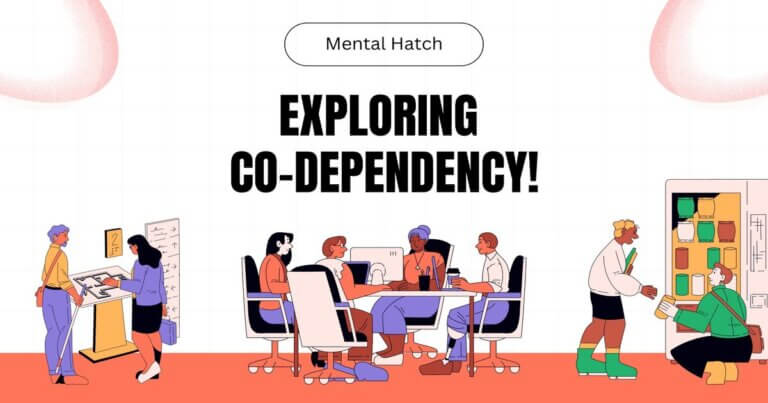When I was in school, I thought I would grab the attention of all my classmates and sometimes the teachers, too, but later on, I realized that I felt shy whenever I tried to shoot any opinion over anyone or anything. Back in my mind, I always regretted that feeling, which restricted me from giving my opinion at that moment. Do you even feel the same at some point in your life? Ever regretted? No worries, I will guide you in this blog about the reason behind it, why you did it, and how you will overcome it. So, let’s get started..

Table of Contents
ToggleDilemma of building Self Esteem in teens
According to Sigmund Freud Psycho-Analytic Theory you can find the answer that your subconscious and unconscious mind also influence you to have low self esteems for many reasons, to get rid of it we have to make sure few things but why? Lets know the significance first.
The Significance of Self-Esteem and Confidence during Adolescence
Adolescence is a time of pivotal change in identity and resilience. Self-esteem and confidence play pivotal roles in this process. These qualities provide stability amidst the uncertainties of teenage years and help teens navigate peer pressure and societal norms.
Challenges Teens Face in Maintaining Positive Self-Image
Shyness will attack you at first, as I experienced. In this phase, we call it that we are “AMBIVERT.” No, that is a part of your low self-esteem. Once you overcome it, you’re almost done. Adolescence is a time of pivotal change in identity and resilience. Self-esteem and confidence play pivotal roles in this process.

Now how can you improve your Self Esteem?
1.Be kind to yourself
Encouraging self-compassion and discouraging self-criticism are essential for teens. Techniques like self-kindness and mindfulness can foster a healthier self-perception.
2.Look after yourself
Prioritizing physical, emotional, and mental well-being through self-care practices like exercise and relaxation techniques can boost confidence from within.
3.Focus on the positives
Practicing positive self-talk and celebrating achievements can cultivate optimism and empowerment in teens.
4.Spend time with people
Cultivating supportive friendships and seeking social support can provide validation and acceptance, boosting self-esteem.
5.Learn to assert yourself
Teaching assertiveness skills empowers teens to set boundaries and express themselves confidently in social situations.
6.Do things you enjoy
Exploring hobbies and passions fosters a sense of accomplishment and mastery, enhancing self-confidence.
7.Act confident when you don’t feel it
Encouraging confident behaviors like maintaining eye contact can lead to internal shifts in self-perception. I had so many times in my lifetime where my confident take me home not my work, so be clever when its needed
8.Try something new
Coming out from comfort zones and embracing challenges promotes growth and resilience, strengthening self-esteem.
I hope you’re in the right way and eventually you got the point why you and I were doing these stuffs, Had less guts . But I think at this point in your mind you have some questions too. Let’s Clarify these
Frequently Asked Questions (FAQ)
-
How long does it take to build self-esteem and confidence?
Building self-esteem and confidence varies for each individual. There’s no fixed timeline, but progress comes with consistent effort and support.
-
Can therapy help improve self-esteem in teens?
Yes, therapy can significantly improve self-esteem in teens by addressing underlying issues and teaching coping strategies like CBT and mindfulness.
-
What role do parents play in nurturing their teen’s self-esteem?
Parents play a crucial role by providing love, support, and open communication, modeling healthy behaviors, and creating a nurturing home environment.
-
Are there any warning signs of low self-esteem in teens?
Yes, warning signs include excessive self-criticism, social withdrawal, mood changes, and physical symptoms like changes in appetite or sleep.
-
How can schools support the development of self-esteem and confidence in students?
Schools can support students by promoting a positive and inclusive culture, implementing SEL programs, providing leadership opportunities, and offering counseling and mentorship resources.
Conclusion
Self-esteem and confidence are essential for teens’ well-being and success. Throughout our exploration, we’ve uncovered key strategies that foster these qualities, from practicing self-compassion to building supportive relationships. As teens continue their journey, ongoing support and guidance are crucial. Let’s create a nurturing environment where teens feel empowered to embrace their unique qualities and face life’s challenges with courage. Join us in empowering the next generation to become confident, resilient individuals ready to conquer the world.






One Response